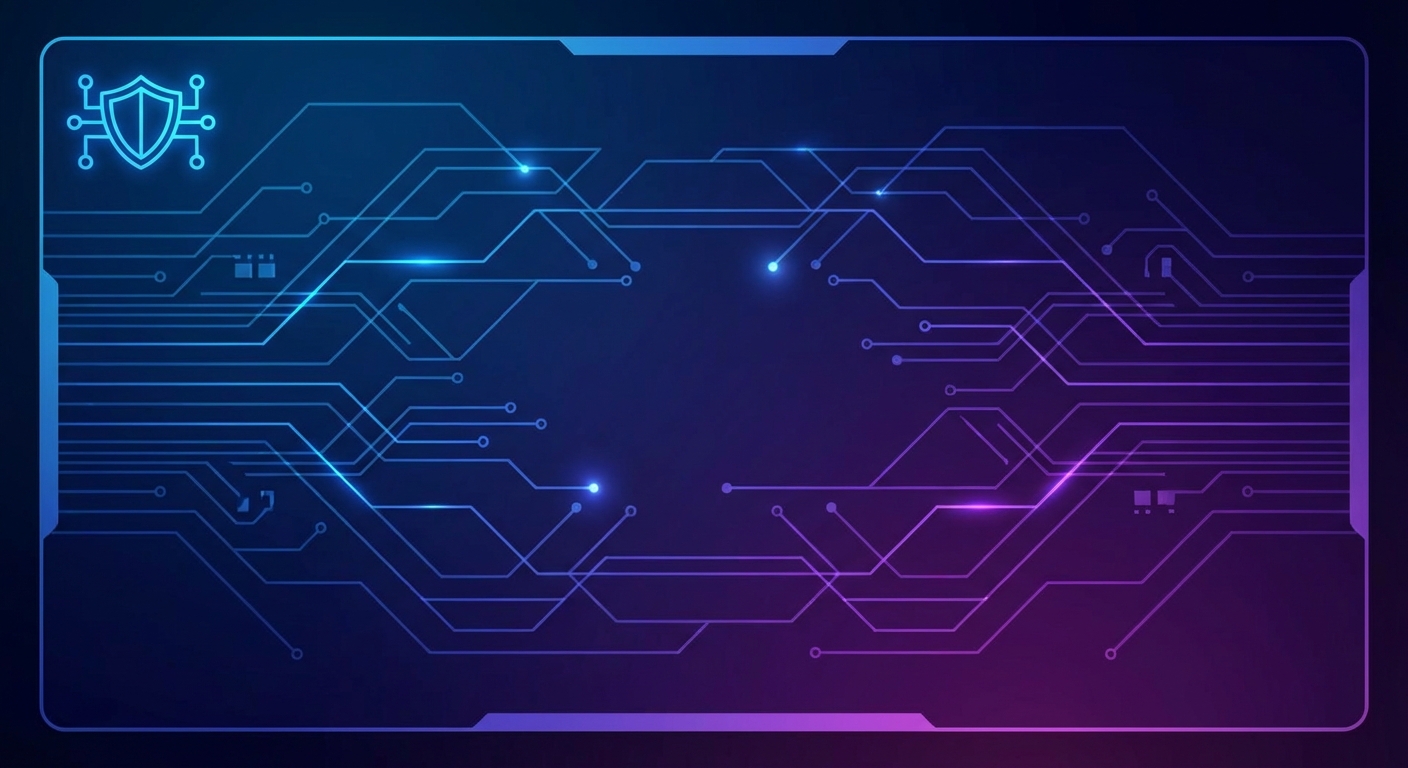Exploring the Role of AI Agents in Business Automation
TL;DR
Introduction: The Rise of AI Agents in Business
Okay, so, AI Agents are kinda a big deal now, right? Seems like every company is trying to figure out how they fit in.
Basically, AI agents are like digital assistants on steroids. They're not just following pre-set rules; they're learning, adapting, and making decisions to achieve specific goals. Think of it as giving a computer a brain and a mission. For example, in customer service, they can handle routine inquiries, freeing up human agents for more complex issues. Or, in supply chain management, an AI agent could monitor inventory levels and automatically reorder supplies when needed. It's all about automation, but with a layer of smarts.
And it's not just hype; companies are actually using them. You see it everywhere, from healthcare—where AI agents are helping doctors diagnose diseases faster—to retail, where they're personalizing shopping experiences.
A lot of it comes down to efficiency. AI agents can work 24/7, process massive amounts of data, and identify patterns that humans might miss.
As Maksym (Fullstack AI Engineer) explains, AI agents need clear instructions to perform tasks. This is especially true when they're equipped with tools; clear instructions ensure they utilize these tools effectively to achieve their objectives.
Now, let's dive deeper into how these AI agents actually work in different business functions, and what's driving this adoption.
AI Agents: Transforming Business Automation
AI agents are changing the game, aren't they? But, how exactly are they making business automation better, you ask?
- Automating Repetitive Tasks: AI agents take over the monotonous jobs, freeing up human employees for more engaging work. For instance, in accounting, AI agents can automate invoice processing, reducing manual effort and potential errors.
- Improving Decision-Making: By analyzing vast datasets, AI agents provide insights that humans might overlook. This is crucial in finance, where AI agents can detect fraudulent transactions with greater speed and accuracy than traditional methods.
- Cutting Operational Costs: With reduced human error and minimized time spent on manual processes, AI agents directly contribute to cost savings.
So, what's next? Let's look at specific examples of how AI agents are being used across different industries.
Cybersecurity Challenges Introduced by AI Agents
Okay, so AI agents are automating everything, but is anyone thinking about security? Turns out, giving these little guys so much power opens up a whole new can of worms.
- Unauthorized Access: A significant worry is an AI agent gaining access to sensitive data it shouldn't—customer databases, financial records, the works.
- Malicious Use: There's the risk of someone reprogramming an AI agent to, say, disrupt supply chains or spread misinformation.
- Vulnerabilities in AI Infrastructure: If the underlying infrastructure supporting AI agents is not secure, the entire system becomes vulnerable.
Given these cybersecurity challenges, robust identity management becomes essential for controlling and securing AI agents.
AI Agent Identity Management: A Critical Component
AI agents need ID management? Sounds kinda boring, right? But honestly, it's super important.
- Controlling Access: You don't want just any AI agent messing with sensitive data, do you? Like, imagine an AI agent in healthcare accidentally accessing the wrong patient records. Big no-no.
- Tracking Activity: Gotta know what these things are doing. If an AI agent in finance starts making weird transactions, you want to catch it fast.
- Accountability: If an AI agent messes up, you need to know who—or, well, what—to blame.
So, yeah, AI agent identity management might not be the most exciting topic, but it's a necessary evil.
Enterprise Software Solutions for AI Agent Governance
So, you're using AI agents... but how do you actually manage them? That's where enterprise software comes in.
When selecting enterprise software for AI agent governance, consider these key features and considerations:
- Centralized Control and Monitoring: The software should offer a single dashboard to oversee all AI agents, manage their permissions, monitor their activities, and ensure smooth operation.
- Robust Policy Enforcement: Look for capabilities to define, implement, and enforce company policies and regulatory requirements (like GDPR or HIPAA) for AI agent behavior.
- Integration Capabilities: Seamless integration with existing enterprise systems (CRM, ERP, etc.) is crucial for efficient workflows and data exchange.
- Security Features: The software must include strong security protocols to prevent unauthorized access, detect anomalies, and protect sensitive data handled by AI agents.
- Scalability: Choose a solution that can grow with your organization and the increasing number of AI agents you deploy.
- Auditing and Reporting: The ability to generate detailed audit trails and reports is vital for compliance, troubleshooting, and understanding AI agent performance.
- User Management and Access Control: Granular control over who can manage, configure, and access AI agents is essential for maintaining security and operational integrity.
Choosing the right software is crucial - don't just jump at the first thing you see.
Compliance and Regulatory Considerations
Okay, so you're letting AI agents loose in your business? Cool, but don't forget the legal stuff, alright? It's not just about making things work, it's about making them work right.
- Data Privacy: Regulations like GDPR and CCPA are paramount. If your AI agent handles customer data, strict compliance is non-negotiable.
- Industry-Specific Regulations: Healthcare, finance, and other sectors have unique compliance requirements. Ensure your AI agent operates within these boundaries.
- Ethical Considerations: Beyond legal mandates, there are ethical implications to consider. This includes fairness, transparency, and avoiding bias in AI agent decision-making.
Basically, don't assume that just because the tech is cool, it's automatically legal or ethical.
The Future of AI Agents in Business Automation
So, what's next for AI agents? Buckle up, cause it's gonna be a wild ride. Think these guys are cool now? Just wait!
- Enhanced Intelligence: Expect AI agents to become significantly smarter, capable of understanding complex context and nuances that are currently beyond our imagination. This will enable them to tackle more sophisticated problems.
- Ubiquitous Integration: AI agents will be integrated into virtually every aspect of our lives and businesses, from smart home devices to complex industrial systems, operating seamlessly behind the scenes.
- Hyper-Personalized Experiences: AI agents will achieve an unprecedented level of understanding of individual users, enabling them to curate highly personalized experiences. This could manifest in tailored product recommendations, customized content delivery, and proactive assistance based on deep user profiling. For example, an AI agent might anticipate your need for a specific piece of information before you even realize you need it, or dynamically adjust a service based on your real-time mood or context.
It's not just about automation anymore; it's about creating a world where tech anticipates your every need. Exciting and maybe a little scary.





